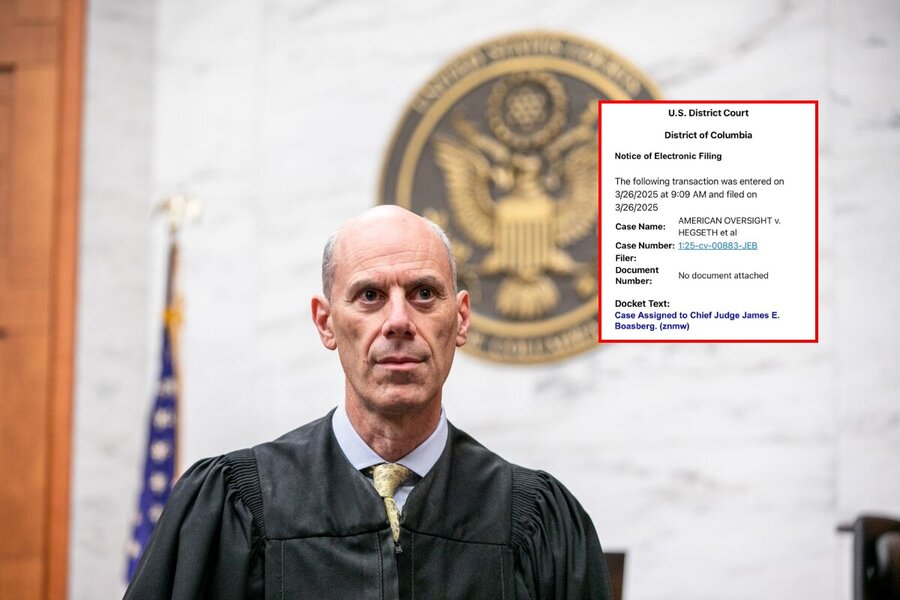The far-left watchdog group American Oversight has filed a lawsuit targeting some of President Trump’s most loyal warriors, including Defense Secretary Pete Hegseth, CIA Director John Ratcliffe, and DNI Tulsi Gabbard. Their supposed crime? Using the double-encrypted messaging app Signal to communicate about military operations.
This latest witch hunt stems from a wild claim by Jeffrey Goldberg, the notoriously anti-Trump editor-in-chief of The Atlantic.
Goldberg claimed he was “accidentally” added to a secure Signal group chat where top Trump officials were allegedly discussing sensitive military actions against Iran-backed Houthi terrorists in Yemen.
During a Senate Intel Committee hearing on Tuesday, CIA Director John Ratcliffe blew Goldberg’s story to smithereens. Ratcliffe testified that no undercover CIA agent was part of the Signal chat—debunking the leftist fantasy of some cloak-and-dagger conspiracy. He confirmed that Signal is fully approved for government use.
In fact, the app was installed on his own computer by the CIA after he took the job, the Obama administration used Signal too.
As reported Trump team angrily fired back and called Goldberg a liar, saying no war plans were discussed. Now, Goldberg and his co-worker Shane Harris have published details of the military plans against the Houthis to call Team Trump’s bluff and humiliate Trump.
Ratcliffe and Gabbard both doubled down, stating unequivocally that no classified information was shared in the chat. Yet, that didn’t stop American Oversight from filing a lawsuit demanding a temporary restraining order.
They’ve hauled in Hegseth, Gabbard, Ratcliffe, Treasury Secretary Scott Bessent, Secretary of State Marco Rubio, and even the National Archives, claiming this Signal chat somehow violates the Presidential Records Act.
Judge James E. Boasberg—an Obama appointee with a track record of judicial activism was appointed to oversee the lawsuit.
Federal district courts typically assign cases to judges through a random selection process to ensure impartiality and prevent “judge shopping,” where litigants might attempt to have their cases heard by a particular judge perceived as favorable.
This practice is designed to uphold the integrity and fairness of the judicial system, according to the Federal Bar Association.
Share your thoughts by scrolling down to leave a comment.













